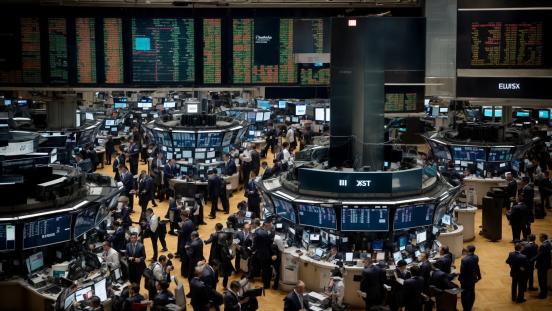Negash Haile is a researcher at UNU-MERIT.
Negash Haile is a development and international business researcher studying how firms operate and learn in challenging institutional environments. His work examines how institutions shape foreign investment behavior and how multinational firms adapt their strategies across countries. In his research, he applies advanced empirical methods to analyze large datasets at the firm level. His research lies broadly at the intersection of international business strategy, innovation, and entrepreneurship. His work has already received recognition within the academic community, with publications in leading journals such as the Journal of International Business Studies (JIBS) and presentations at various conferences, including the Strategic Management Society (SMS) Annual conferences. He holds a University Teaching Qualification (UTQ/BKO) and is HDP-certified, with extensive experience in teaching and tutoring at the university level across both undergraduate and graduate programs.
He holds a PhD in Economics with a particular focus on international business. He also holds an MSc degree in Applied Economics from Addis Ababa University (Ethiopia) and an MSc degree in Economics of Globalization and European Integration from the University of Antwerp (Belgium). He studied as an exchange student at the University of Lille (France) and at the Prague University of Economics and Business (the Czech Republic). Prior to joining the Ph.D. program, Negash was a lecturer and researcher at Dilla University and worked as an Assistant Economist at the Ministry of Finance and Economic Development (Ethiopia).
Job Market Paper: Corruption experience and foreign investments: clean hands or dirty hands learning?


